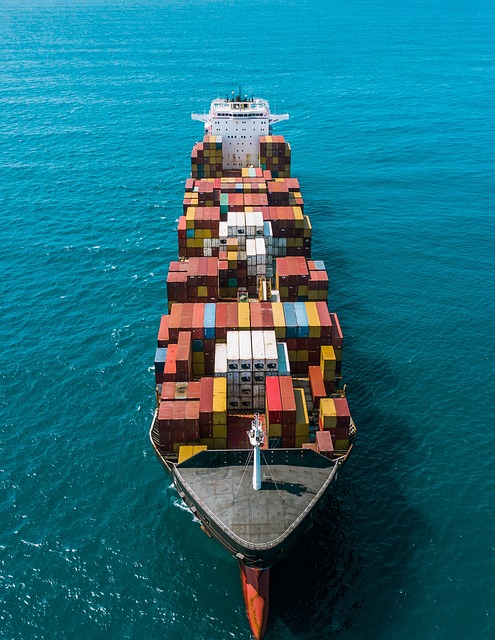
-
The Department of Trade and Industry wants to put a stop to pass-through fees and additional port fees as well as regulate international shipping charges
-
Trade Undersecretary Ruth Castelo says such measures will cut transport and logistics costs
-
They are also part of a six-point DTI agenda
-
First on the agenda is boosting food distribution system from farm to port
The Department of Trade and Industry wants to put a stop to pass-through fees and additional port fees, and regulate international shipping charges.
These measures are part of a six-point action agenda designed to cut transport and logistics costs, according to Trade Undersecretary Ruth Castelo at the post State of the Nation Address briefing by the food security cluster of the Marcos Cabinet on July 25.
The forum included key panelists from DTI, Department of Agriculture, Department of Public Works and Highways (DPWH).
“This might create a little bit of controversy,” Castelo said, referring one of the proposals—specifically the second of the six-action agenda—which calls for a moratorium on pass-through fees and imposition of additional port fees and other charges and the regulation of high international shipping charges.
Castelo said this means “zero tolerance on gray costs.”
Government has declared as illegal the collection of pass-through fees, usually levied by local government units on trucks, but the practice has apparently persisted.
RELATED READ: LGU pass-through fees on cargo vehicles illegal, joint memo stresses
The regulation of international shipping charges, on the other hand, is beyond government reach since no government agency regulates the operation of international carriers operating in the Philippines. There have been countless calls for regulation in the past but to no avail.
Topping the DTI six-point agenda is revolutionizing the Philippine food distribution system from farm to port—upgrading existing food terminals and establishing additional food hubs. This specifically calls for piloting the concept of agro-industrial business corridors in any of the areas in Baguio and Clark.
The third proposal is increasing investments in logistics infrastructure and storage, an ongoing project of DPWH and DTI.
“We want a cold chain integrative distribution system that is the full implementation of the system provided by the Philippine cold chain industry roadmap,” Castelo said.
Fourth is addressing other supply chain gaps such as logistics and distribution, post-harvest management, market linkages, market information, and market access to finance.
Heightening enforcement measures against hoarding, smuggling, overstaying of food imports, and monitoring of warehouses or cold storage facilities is fifth on the agenda.
“We have already started discussing monitoring of cold storage facilities with the Department of Agriculture,” Castelo said.
The proposal means revitalizing the sub-task force group on Economic Intelligence. She said the President may issue an executive order to institutionalize this initiative.
The last on the six-point agenda is the use of ICT (information and communication technology) to improve logistics performance–from streamlining and automating government permits and licenses to integrating systems within the logistics ecosystem.
Castelo said the six-point agenda requires legislation or an executive order for implementation.– Michael Cuevas Barcas




